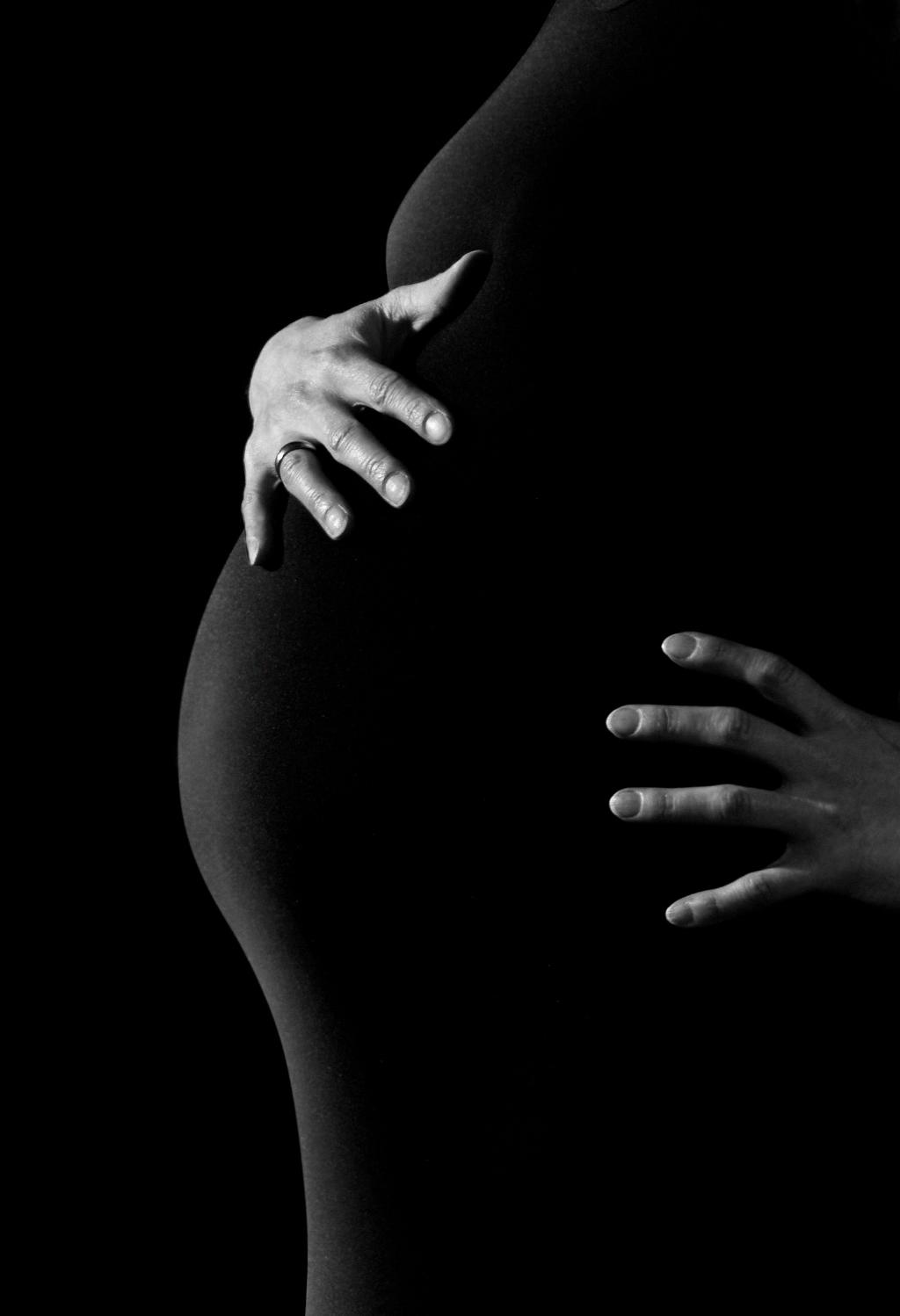When it comes to detecting hCG levels in your body, the timing can vary based on individual factors. However, in many cases, healthcare providers can detect hCG in urine approximately 8-11 days after conception. This detection can be crucial in confirming a pregnancy and understanding the stage of development in the early days.
For individuals with regular menstrual cycles, the ability to detect hCG becomes more straightforward. Typically, if you have a regular period, you can conduct a pregnancy test as soon as the day after you miss your period. This is because missing a period is often a primary indicator of pregnancy, prompting individuals to take a test and check for hCG levels.
On the other hand, if your cycle is irregular, tracking ovulation may be a more reliable method to determine potential pregnancy. By understanding your ovulation patterns and the timing of intercourse, you can estimate the days when conception might have occurred, leading to a more accurate assessment of when to test for hCG levels.
It is important to note that hCG levels typically rise rapidly in early pregnancy, doubling approximately every 48 to 72 hours. As such, even if hCG is not initially detected 11 days after ovulation, it may become detectable shortly after as the levels increase in the body. This exponential growth is crucial in confirming and monitoring the progression of a pregnancy.
Factors such as the sensitivity of the pregnancy test used and individual variations in hormone levels can also impact the timing of hCG detection. Some tests are designed to detect lower levels of hCG earlier in the pregnancy, offering the possibility of detecting the hormone sooner than others.
Early detection of hCG is essential for individuals who are trying to conceive, as it provides valuable information about the success of fertilization and implantation. By understanding the potential timeline for hCG detection after ovulation, individuals can be more informed about when to take a pregnancy test and what results to expect.
Consulting with a healthcare provider is always recommended for accurate pregnancy testing and interpretation of hCG levels. Medical professionals can offer guidance on the timing of testing, the interpretation of results, and any follow-up steps that may be necessary based on individual circumstances.
Overall, while hCG can be detected around 8-11 days after conception in many cases, individual factors such as cycle regularity, test sensitivity, and hormone levels can influence the timing of detection. Understanding these factors and consulting with healthcare providers can help individuals navigate the process of pregnancy testing effectively and confidently.

